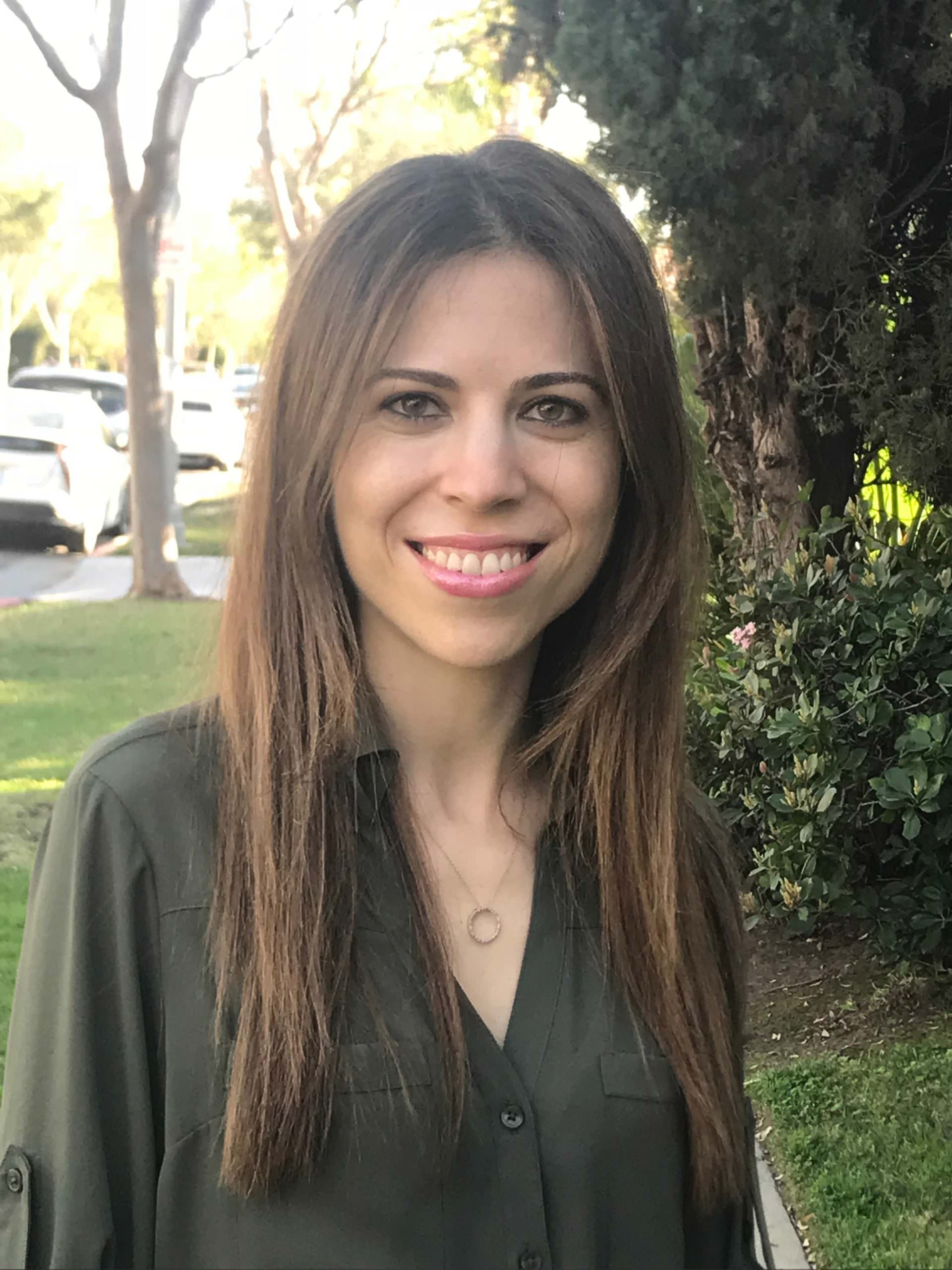Skip to content
Will: A will is a legal document stating who will receive a person’s property after he or she is no longer living. There are different types of wills. The first type is a lawyer-prepared will. An estate planning lawyer will make sure the will is prepared according to relevant state law. They also may be able to highlight potential tax benefits and provide information as to how property can be transferred. Another type of will is a holographic or handwritten will. This is a will written entirely in the person’s own handwriting, signed, and dated. This will does not require witnesses or notarization. In fact, any typed material may invalidate this type of will. This type of will is allowed by some states, but you should check with an attorney to see whether a holographic will is valid in your state. A third type of will is a statutory will, which is a fill-in-the-blank form available in some states. It’s most useful for someone with simple and limited assets.
Power of attorney for financial and business matters is a legally binding document you may prepare or have prepared for you allowing you (the principal) to name a trusted person to act as your agent and make financial or business decisions for you. This document must be signed and may need to be notarized depending on your state’s law. The legal duties and obligations created by this document end when you pass away. At that time, a will or a trust would take effect. There’s more than one way to set up a power of attorney. One type is a durable power of attorney. It becomes effective when it’s signed, meaning that a person can ask their agent to make decisions on his or her behalf regardless of whether they are still capable of making decisions on their own. It might seem surprising that someone may consider this option, but it can actually be useful for someone who may not want to focus on daily matters and trusts their agent to make decisions. Another type is a non-durable power of attorney. This goes into effect at signing and stays in effect if and until the person becomes incapacitated. This may be useful if the principal wants to choose one person to help while he or she is competent and a different person to help if the principal is incapacitated. A third type is the springing power of attorney, which “springs” into effect when a certain condition or event occurs, like if a person becomes incapacitated. The most common type of power of attorney is durable springing power of attorney.
The Advance Health Care Directive (AHCD) is also known as a medical directive or advance directive. It is a set of written instructions establishing someone’s wishes about medical care should they no longer be able to make decisions; in other words, they have become “incapacitated.” Definitions of incapacity vary from state to state. The power of attorney for health care names a person to make medical decisions for the patient who has become unable to make decisions for themselves. The person they ask to make these medical decisions is called an “agent,” a “proxy,” or a “surrogate.” An important tip is to make sure you talk to the person you want to name as your surrogate decision maker to make sure they are willing and able to carry out your wishes. In other words, you want to make sure you’re on the same page before you name them in a legally binding document. An AHCD usually requires a signature under witness and/or notarization.
Physician Order for Life Sustaining Treatment (POLST) or a Medical Order for Life Sustaining Treatment (MOLST): A POLST or a MOLST is a document used in most states by patients who are seriously ill to instruct physicians as to whether life support measures should be used if the patient’s heart or breathing stops. It is completed after the person consults with their health care provider. In addition, it’s posted in the patient’s medical record.
Advanced planning is helpful to ensure your wishes are carried out in regards to health care decisions, as well as the disbursement of personal assets and using your assets to look out for loved ones, so it’s worth understanding the different options available.
Editor’s note: Learning your rights and how to enforce them can help protect yourself in the present and prevent legal problems in the future. For more tips or answers to cancer-related legal questions, contact the CLRC at 866-843-2572 or visit CancerLegalResources.org.
Disclaimer: Through this article, the author is not engaged in rendering any legal or professional services by its publication or distribution. It is not intended to be legal advice or establish an attorney-client relationship.
Shelly Rosenfeld is a Staff Attorney of the Disability Rights Legal Center’s Cancer Legal Resource Center (CLRC). As a CLRC Staff Attorney, Ms. Rosenfeld provides legal services through CLRC’s national telephone assistance line to people with cancer-related legal issues, counseling cancer patients, health care professionals, and caregivers. Before becoming an attorney, Ms. Rosenfeld worked as a television anchor and reporter for an NBC affiliate in Arizona. Ms. Rosenfeld is a member of the State Bar of California and earned an LL.M. at UCLA Law School, a JD at UC Hastings College of the Law, a Masters Degree at Northwestern University and a BA at UC Berkeley.









